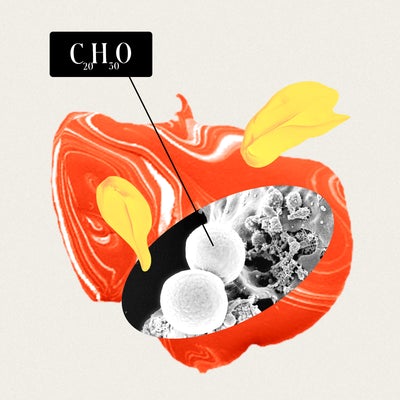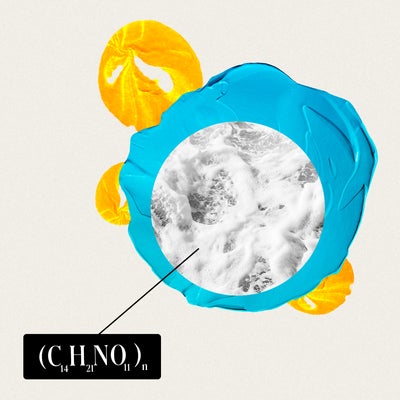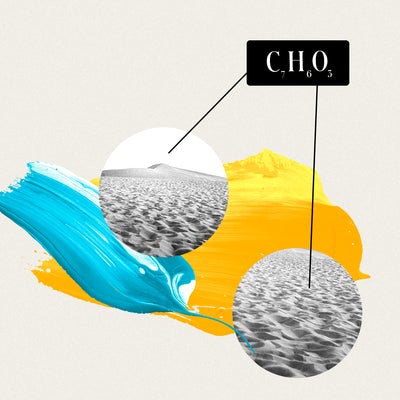
Dr. Steve's Favorite Ingredient is Niacinamide — Here’s Why.
In this article you'll learn:
1. The 5 ways that niacinamide works on your skin
2. How niacinamide helps acne breakouts
3. How niacinamide and retinol work together
4. What kind of side effects niacinamide might create
5. How long it'll take to see results from niacinamide
OK, Dr. Steve, let’s get right to it: Why do you like niacinamide so much?
Dr. Steve: It's a super ingredient, a form of niacin, a.k.a. vitamin B3, which is important in maintaining your skin health.
Niacinamide has a lot of different mechanisms of action. Mostly it's an anti-inflammatory and antioxidant, but it has other effects like transport melanosomes, which affects skin pigmentation as well.
Here’s a cheat sheet explaining what it does:
- By preventing dirt from clogging in pores, niacinamide helps pores shrink down to normal size which can smooth rough and bumpy skin.
- It prevents moisture loss and protects against environmental damage by increasing the production of lipids. This strengthens the surface barrier of the skin and helps smooth out wrinkles.
- It has a free radical scavenging effect. That means it neutralizes free radicals by acting as a natural "off" switch and disrupts a chain reaction that would otherwise have a negative affect on other molecules in the cell.
- It helps regulate the amount of oil the sebaceous glands produce to keep your skin from getting too oily.
- It’s an anti-inflammatory, helping with acne, rosacea and certain types of irritation.
So, in short, niacinamide:
- Reduces spots and hyperpigmentation
- Boosts cell regeneration
- Regulates oil production
- Tightens pores
- Improves skin defense to help knock out acne
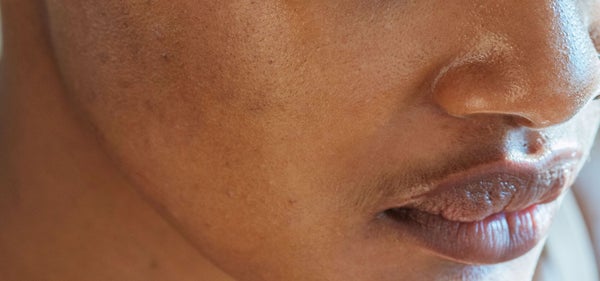
You have a caveat about niacinamide.
Dr. Steve: Because it does so many things, I wouldn’t build a product around niacinamide by itself. It doesn't necessarily have the efficacy that you would see with a retinol, Kojic acid, salicylic acid or hyaluronic acid. It’s a really good role player, it's fairly gentle and well tolerated, a really good ingredient but maybe not a lead actor.
As an anti-inflammatory for acne and other conditions, does niacinamide suppress the body's immune response?
Dr. Steve: Yes, it mitigates it and reduces the body’s overreaction to barrier function abnormalities. Just to back up and explain the immune response and your skin: if you didn't have an immune system and you had a really bad skin barrier, and all this stuff was getting in there, like dust, bacteria, and allergens, you actually wouldn't have that bad of a skin condition like eczema or acne because your body wouldn't react to it.
So a lot of the medicines that work as an anti-inflammatory are actually suppressing the immune system. Because we can't give you a skin transplant — not yet.
And that immune suppression — is it happening on a deep cellular level?
Dr. Steve: It's happening at the skin level, it's a localized reduction in inflammation. I will also say that the fact that there's a moisturizer in niacinamide reduces inflammation because you're restoring the barrier, you're mitigating the triggers and moisturization itself is anti-inflammatory. It actually helps the skin heal better. So it kind of works both ways, directly anti-inflammatory, but also improving the barrier.
Is niacinamide acting as a cleaning agent in the way that salicylic acid is — by softening the “glue” between skin cells and dissolving the intercellular cement material?
Dr. Steve: I wouldn't characterize it that way. Its primary benefit is not the prevention of clogging of pores as much — it's possible, there are some studies on its role in keratinization, it helps rods of cells move upward through the skin as new cells form beneath them.
But I think niacinamide is a really good additive ingredient that can support the ultimate goals that you want to have, which is less free radical damage from UV, less irritation and inflammation, and some skin coloration benefits too.
Do niacinamide and retinol work together?
Dr. Steve: Retinol and niacinamide both improve skin coloration, they help with those dark splotches. So they have a dual effect in that way. Initially, retinol does cause some skin peeling and dryness and irritation, and niacinamide can soothe and calm that initial irritation related to retinol. So I can see those working together. But ultimately, they're both really well established ingredients that help skin health overall.
Does niacinamide have any side effects?
Dr. Steve: If you use too much or too often you can get redness, that can be a side effect of niacinamide. That’s because as a B vitamin, sometimes it does cause some flushing, but that's transient.
This is why reading skincare ingredients can be helpful. For example, consumers might think that ingredients with 1% concentration may seem low, but chemists specializing in cosmetics know that this concentration is already pretty significant.
There are lots of niacinamide products on the market that contain high concentrations, and there is no prescription topical niacinamide. That said, I think percentages are often abused. So it comes down to purity and potency, that also drives percentages. The FDA does regulate percentages in terms of how much you put in, in order to stay in over-the-counter products. We put 3% in our products — in the eye cream, morning cream, and night cream. At that formulation it’s well tolerated while also getting benefits.
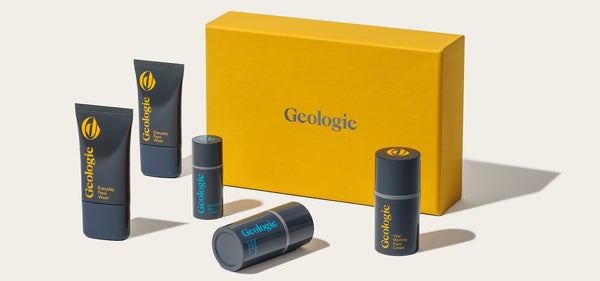
What kind of results can I expect from niacinamide — and how soon?
After 4 weeks of using niacinamide, you can expect to see:
- Improved hyperpigmentation
- Increased skin hydration
- Reduced sebum levels
After 8 weeks, you’ll see:
- Reduction in pore size and and evenness of skin
- Reduction in the number of acne lesions and severity
Ready to see what niacinamide can do for you? Of the four products in a full regimen, niacinamide is in three of them.
Take the quick diagnostic and let’s see how we can get the best skin of your life.
-- Written in collaboration with Irish Simonds


